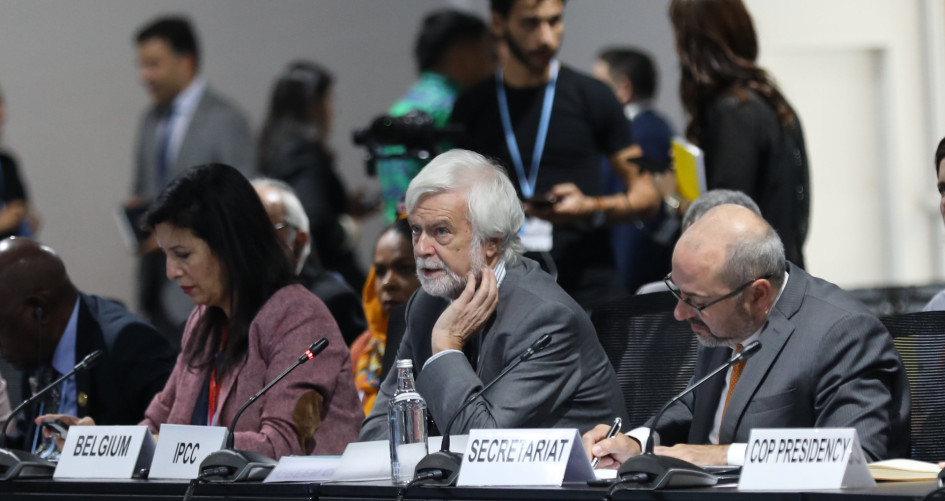At the UN Climate Change Conference COP27 on Monday, the first high-level ministerial discussion on pre-2030 ambition was held and participants made a unanimous appeal to urgently intensify climate action and support.
A sobering UN Climate Change report started the roundtable, a new yearly gathering to establish the global direction on mitigation ambition and implementation that should be taken before 2030.
According to the report, if national governments follow through on their present commitments, emissions will rise by 10.6% by 2030, setting the planet up for a 2.5°C rise in temperature by the end of the century.
To keep global warming to 1.5°C, greenhouse gas emissions must peak before 2025 at the latest and then fall 43% by 2030, according to the UN’s Intergovernmental Panel on Climate Change (IPCC).
The IPCC’s Working Group III Co-Chair, Jim Skea, gave the roundtable talks a sense of hope by demonstrating that there are solutions in every sector that can be implemented right away to bridge the gap by 2030.
Read also: Climate Change: Osinbajo calls for ‘just transition’ for Africa
The IPCC estimates that these mitigation measures, which cost less than $100 per tonne of carbon dioxide equivalent, have the potential to reduce emissions from 2019 levels by half by 2030.
Skea cited the enormous potential in the energy industry as an example, noting the recent sharp declines in wind and solar energy costs.
Additionally, he emphasized the enormous potential for emission reductions in forestry, agriculture, and land use, including improved soil management and ecosystem restoration.
Government ministers present at the roundtable made a unifying appeal for increased ambition across the board to urgently ramp up climate action and support, with several developing nations emphasizing the demand for assistance and consistent financial inflows.
The majority of the ministers concurred that the 1.5°C threshold is a “red line” that cannot be crossed.
In the upcoming weeks, a non-formal memo reflecting the opinions shared during the roundtable will be made public.
This story was adapted from UNFCCC
